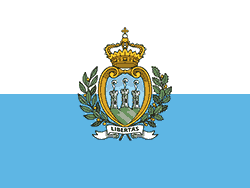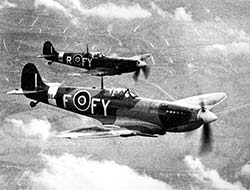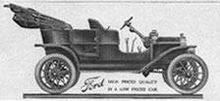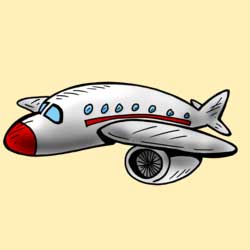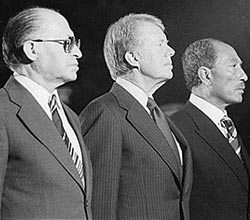 On this day 34 years ago the Camp David Accords were signed by the heads of state of Israel and Egypt, Menachem Begin and Anwar Sadat, at the country retreat of the US president Jimmy Carter, after almost two weeks of negotiations. Later that year Begin and Sadat were jointly awarded the Nobel Peace Prize. The peace agreements were the culmination of an 18-month effort started when Jimmy Carter had become the US president.
On this day 34 years ago the Camp David Accords were signed by the heads of state of Israel and Egypt, Menachem Begin and Anwar Sadat, at the country retreat of the US president Jimmy Carter, after almost two weeks of negotiations. Later that year Begin and Sadat were jointly awarded the Nobel Peace Prize. The peace agreements were the culmination of an 18-month effort started when Jimmy Carter had become the US president.
Carter’s initial efforts met with little success. King Hussein of Jordan was reluctant to get involved for fear of being isolated from the Arab world. Hafez al-Assad, president of Syria, had no interest in peace and refused to visit America. Menachem Begin was sceptical. Then on 6 August 1978, prompted by a phone call from a US citizen, Begin called Sadat to see if high level talks could occur on the basis that Israel return the Sinai to Egypt.
A meeting was scheduled to occur at Camp David in the US on 5 September. Begin and Sadat arrived with their negotiating teams, and a tense period of secret negotiations followed. Finally an agreement was reached on 17 September. A fragile peace ensued, but the peace became surer as time wore on and further agreements were reached. In 1980 Egypt and Israel normalised relations, and since then peace has largely prevailed.

